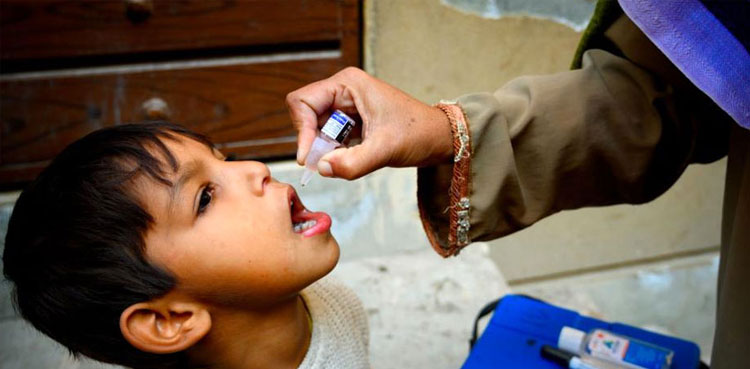
Amgen to invest $200 million in India
”
US drugmaker Amgen will invest about $200 million this year in its new technology centre in southern India, with further investments planned, CEO Robert Bradway said at the inauguration of the site on Monday.
Amgen announced its plans to open a “technology and innovation” site in India last year that is focused on increasing the use of AI and data science to support development of new medicines.
“We have wanted for a long time to expand Amgen’s presence in India and that time has come. Amgen is investing an initial $200 million in this centre in 2025 and plan to make additional significant investments in future years,” Bradway said.
The site in Hyderabad city is expected to have a workforce of about 2,000 by year-end, with around 300 employees already working there, said Som Chattopadhyay, national executive for India at Amgen.
Hyderabad will also host the BioAsia conference this week, where executives from drugmakers including Amgen, Eli Lilly and Novartis, as well as several Indian pharmaceutical giants will be speaking.
Amgen is one of many global pharmaceutical players looking to expand their presence in India, the so-called “pharmacy of the world”.
India and the U.S. agreed this month to start talks to clinch an early trade deal and resolve their standoff over tariffs after talks between U.S. President Donald Trump and the Indian Prime Minister Modi.
“One significant outcome (of the talks) was the launch of the U.S.-India trust initiative, which is to promote collaboration in critical and emerging technologies, something that both our countries really need,” U.S. Consul General in Hyderabad, Jennifer Larson, said.
“Amgen’s decision to expand its foot here is a perfect example of how our nations can work together to harness innovation, talent and technology.”
Trump intends to impose “25% or higher” levies on pharmaceutical imports, a move likely to hit Indian firms since most generic drugmakers count the U.S. as their largest market.
”



